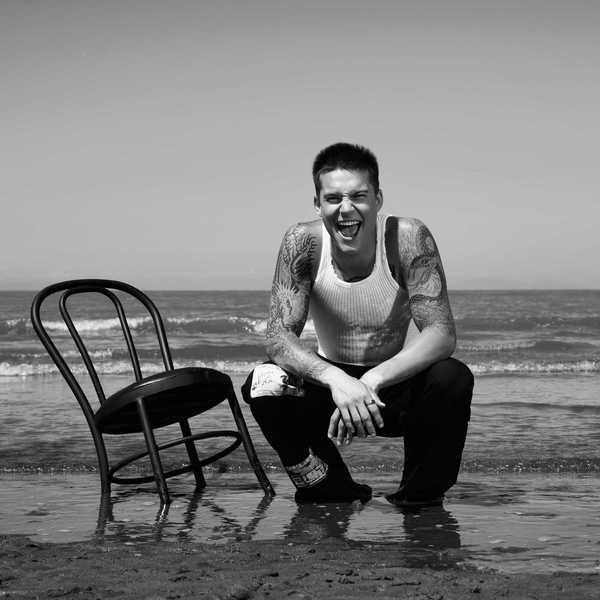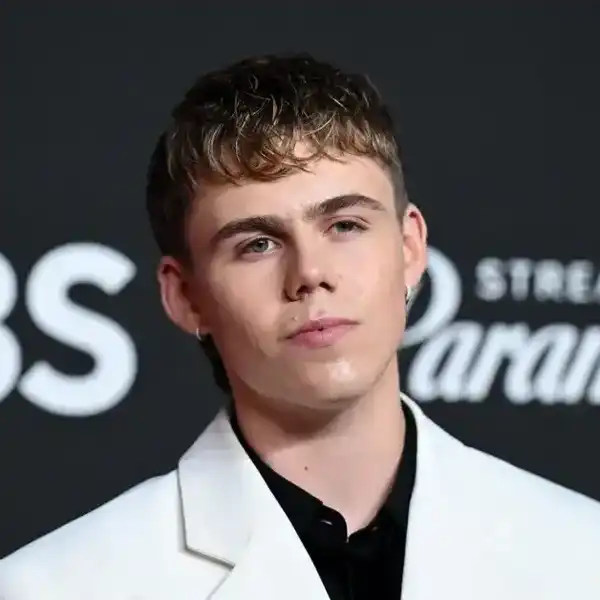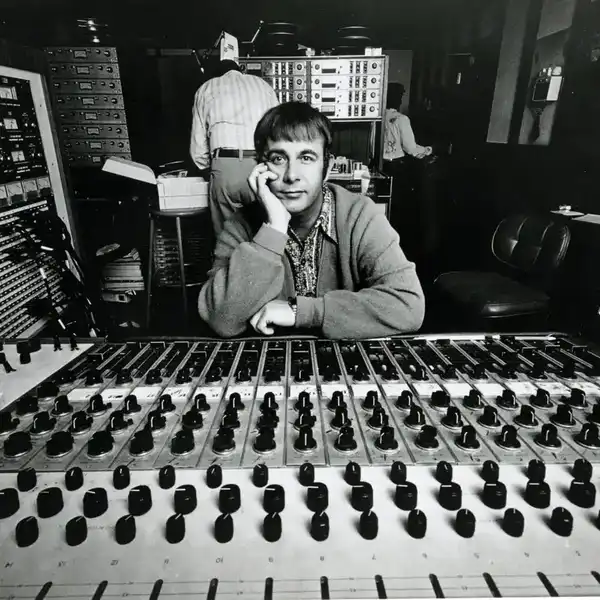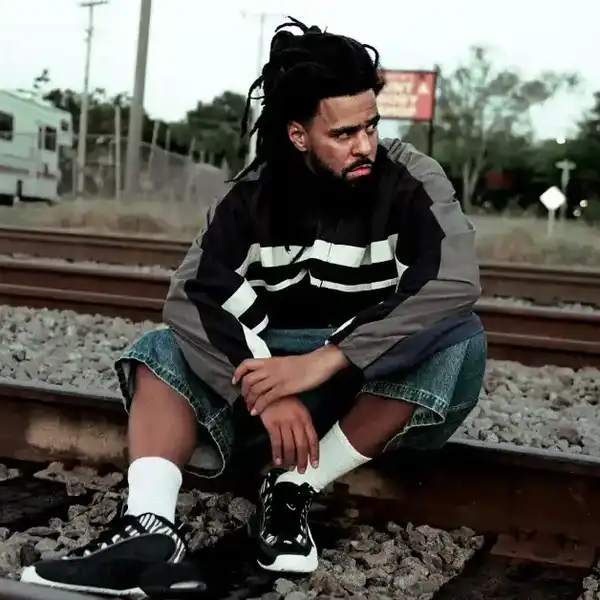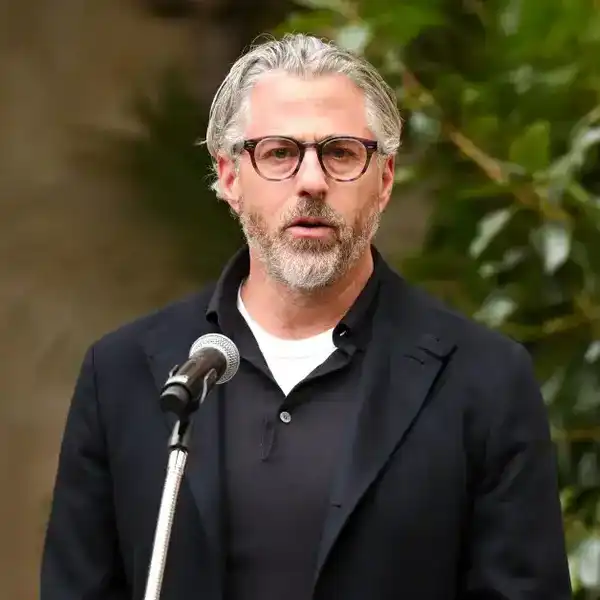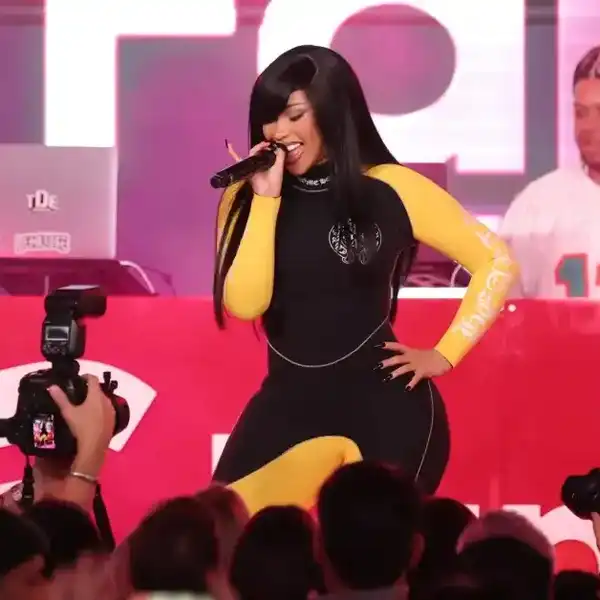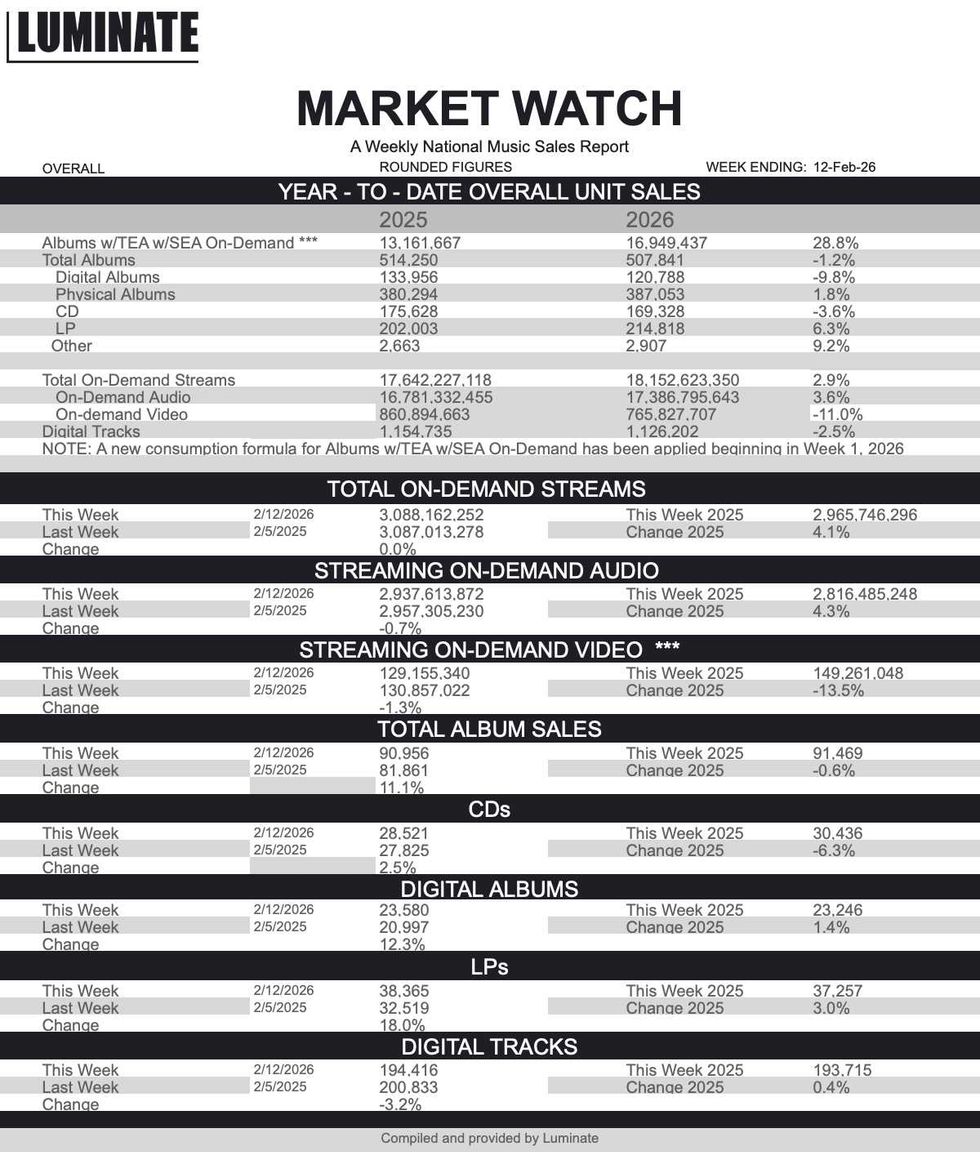Aldo Nova Returns To Rock In Operatic Style
For over three decades he was one of Canada's most versatile and successful musician-songwriters and now he's back after more than a decade-long hiatus with a concept album he calls an opera and he's releasing it on his own label in installments, one song at a time.
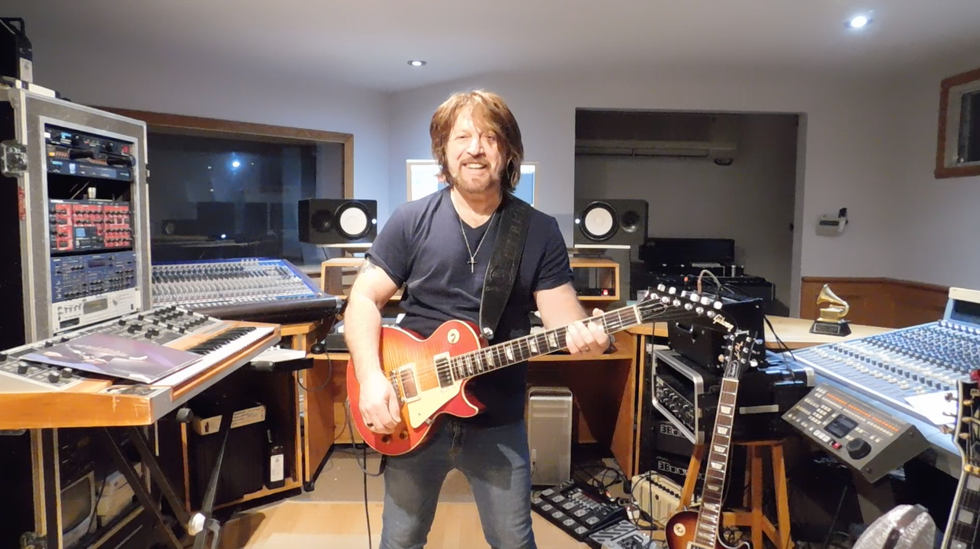
By David Farrell
Aldo Nova is explaining his return from a 12-year, self-imposed quarantine that allowed him to work on a 23-song concept album he calls "an opera." He's calling itThe Life and Times of Eddie Gage and it is to be released in intermittent installments, followed by a tour when it becomes practical to do so.
Versatile and quite possibly a prodigy, the Montrealer is a bit of an anomaly. He came to the fore at the birth of the ‘80s, in his 20s, after Portrait Records' New York office signed him and released his self-produced, eponymously titled debut album. It was a motherlode of orchestral-rock, reminiscent of the best of Boston, Styx, Europe, and Triumph, with its shimmering phalanx of guitar over-dubs, swooping vocals and song hooks as addictive as laughter to a clown. The album spawned two hits (Fantasy and Foolin’ Yourself) that were its jet fuel and helped sell a couple of million copies of Aldo Nova in the US in short order.
He moved to New York and recorded Subject: Aldo Nova in 1983 and Twitch in 1985 and both fell short in achieving the same commercial impact. That led to an irreconcilable rift with the label so he turned to writing and producing jingles and befriended a nobody calling himself Jon Bon Jovi who had a low-paying job working at the Power Plant studios. It was one of several fortuitous connections he made along the yellow brick road that has helped make him millions and, for a time, pushed him to the top of the ‘A’ list of songwriters, arrangers, musicians and producers for hire.
From the mid-'80s through to 2012, his credit appears as arranger, musician, songwriter and or producer on 50 or more albums other than his own, and on many more songs by Bon Jovi, Celine Dion, Clay Aitken, Faith Hill, Blue Oyster Cult, Michael Bolton, Lita Ford, Fiona, Luc Plamondon, Charlebois, Patrick Bruel, Francis Cabrel, Garou, Eric Lapointe, Charles Aznavour, and Chilean rock band La Ley. He racked up an enviable track record and collected Grammy awards with Dion and La Ley with whom he wrote, arranged and produced for at some stage in their careers.
His fluency in conversational French, English, and Italian successfully allowed him to work with artists from the Americas and Europe. His ability to multi-task and obsessively focus on the minutest detail earned him a reputation as a go-to guy when the chips were down and a hit was needed. There’s a romanticism that lurks inside him that isn’t always obvious in his dealings with people, and a series of personal mishaps put him on the edge and made him known as a difficult card to deal with as the years piled on. What he needed was a break from the factory cycle of creating hits and a more expansive canvas that would enable him to work unrestricted on a body of work that would be his Volta della Cappella Sistina, with him playing the part of Michelangelo.
“In '08 I decided to stop working with just about everybody,” he tells me from his comfortably spacious residence in suburban Montreal that contains multiple studio spaces, musical instruments, consoles, speakers and digital gear. “It was a conscious decision not to work with any more artists or write songs for anyone but myself. It was time to concentrate on me and work on songs that would appear under my name. It was the start of my opera.”
Over the course of the next 24 minutes, he responds to questions like a river during monsoon season. His words flow in torrents.
An obvious question is what's behind the title of his album. “I don’t have a clue. It just popped into my mind," he tells me. "(Eddie Gage) is a guy that I guess is sort of my alter-ego or a younger alter-ego I might once have had. It’s a story about the music industry. How you get caught up in it, but I also put in lightning, darkness, maidens and in the end, it gets more spiritual. It’s about light and dark and messaging. (The protagonist) has redemption at the end. He rises, he falls, he hits rock bottom and then he is able to find redemption. He’s become a reborn man. For years I was a dead man walking when I hit a certain age and I’ve learned to take care of myself. I started working out like a beast, watching what I would eat, doing cardio and weights and now I feel younger.
“I’m in the best shape I’ve been in my life.
“I’ve never felt so good and I’m happier than I’ve ever been.
“No booze; no drugs for 12 years now.”
Read into this as you may, but perhaps this is an operatic zeitgeist populated by cartoonish caricatures living in an arcade game where realities and fantasies merge to become a storyline that is equal parts imaginary and real. Just like the Wagnerian dramas sung loud and long. but here with an overlay of audible magician’s tricks textured into the overlay and rhythmically underpinning his bright as buffed brass arrangements. An alchemist’s chimera of complexity and symmetry that tells an age-old story that’s almost biblical in its dramatic core.
It took 40 years for Brian Wilson to write the material for Smile, 17 years for Guns N Roses to finish Chinese Democracy, and 33 years for Arthur Heller to complete Closing Time–his sequel to Catch 22, so cut Aldo Nova some slack in taking 12 years to complete his opera.
“A lot of material was written in the first couple of years,” he says over the phone. “But I kept writing. I wrote through 2008 and 2009 and in 2013 I wrote more, and again in 2015, and then more through 2018 and 2019. It was a super creative period. And then I started to do remixes, to redo all the drum and guitar parts and some of the vocals because over the years I have learned how to get better with some of the mixing tools, the data, and make the songs sound amazing. Yeah, I had over 100 songs to work with, but over time I would take elements from them and blend them into newer material. It was like solitaire. Like an evolution. I evolved and I got better at everything: My songwriting got better. My voice got better. My guitar playing got better.”
He added colour on some of the tracks using Latin-laced Miami ace-drummer Lee Levin and (late) guitarist Dan Warner, Montreal (jazz) bassist Sylvain Bolduc, and New Jersey guitarist Eddie Cage.
As to the future, he looks to Lyle Chausse out of Vancouver to determine the sequencing of song releases. “I now hire people to manage my affairs,” he explains. “I tried to control everything and I’ve learned from experience that it’s best to let people with a range of experience right the ship. One thing that is now very much in my control though is my song publishing. I own all my own songs. I own my record company (Viral Records), and nobody controls what, where or when I record.”
As for working at home alone, he tells me that “yeah, I really enjoy working with other musicians but as I said, it’s part of my evolution. When I was young, I was cocky. I was bad. I was cocky and arrogant. Now I’m mellow and I enjoy playing music. I’ve learned how to work only with people I choose to that are on my level. I’ve now zero tolerance for wasting time. I mean, if I have to do another take, I just sit at home with the multi-tracks and I’ll make an edit, mix it and it again. I can get it done in four hours instead of having to wait for the engineer to become available or booking space in the facility.”
He also has plans to return to touring: “I had a band all set to go and play. We were booked starting July 9, playing festivals and the like, and Covid shut all that down. So now I’m at home but if and when the signs are right for it to be safe to go out and tour, I’ll be there."
And here's the first song-video release from Eddie Gage.




